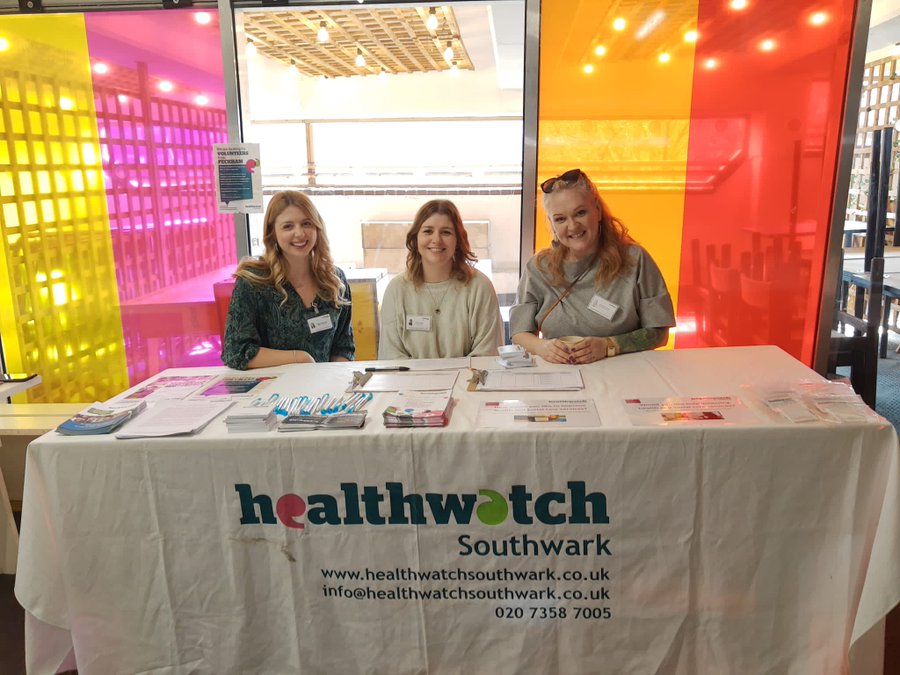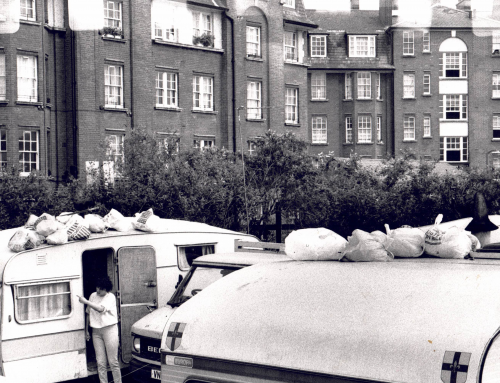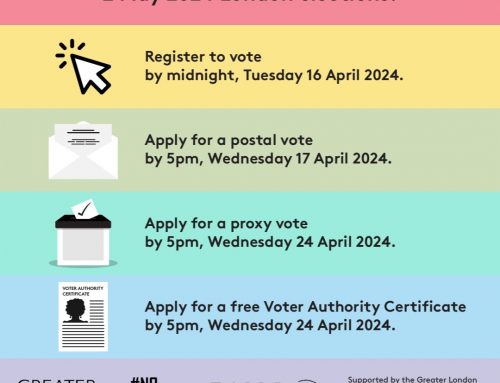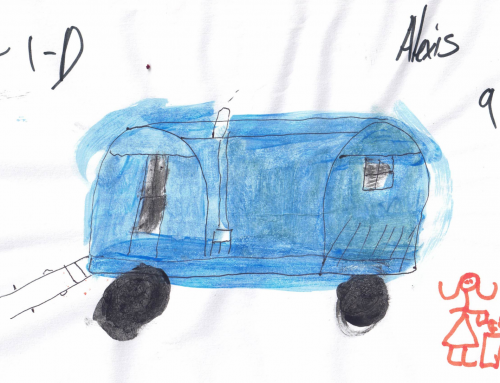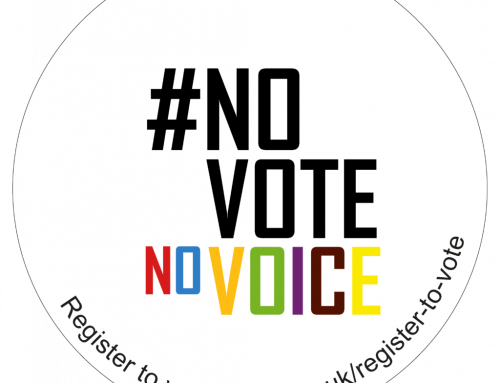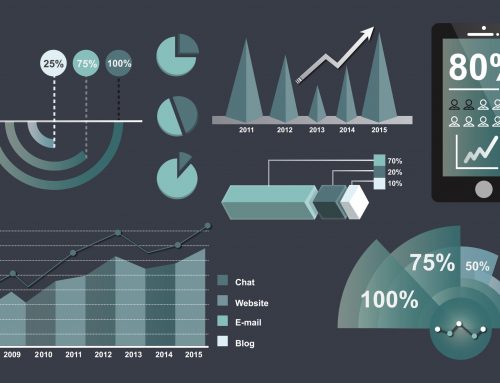We really appreciated the Public Health Ambassador (Community Health Ambassadors | Community Southwark) celebration event on Friday. It was great to see all the Health Ambassadors face-to-face finally and applaud all the work they had done over the COVID pandemic. But it also made me think back over the last two years, and what has been in turns an anxious, tragic and inspiring two years.
When COVID first came along in March 2020, like everyone else I really felt I didn’t know anything except “Hands, Space, Face” and the fact that we had to close our office and work from home. It was difficult to know what was reliable information and what to tell the people we work with. We had some difficult moments: one Traveller family living on an unauthorised site outside the borough had no running water, there was no Government information about self-isolating that was suited to those living on a Traveller site or roadside (COVID-19: reassessing and mitigating impacts on Gypsy and Traveller communities (publishing.service.gov.uk) for several months – not until November 2020, eight months after the beginning of the pandemic.
The Public Health Ambassadors Network was a real help to us, as it provided a whole load of resources that we knew had been checked by experts and it also brought a group of people together who were all worried about the impact of COVID on our communities in Southwark. And it was often Gypsy, Roma and Travellers across the country who led efforts to donate food and money to frontline NHS workers (12 yr Old Olivia raises more than £25k for NHS | Travellers Times; Rosie the amazing coloured pony raises 10k for NHS! | Travellers Times and to support the homeless and foodbanks over the first lockdown (.Pastor to Gypsies hopes for change in perception (churchtimes.co.uk)
We thought at the start that those with the least would be affected the most by the pandemic, and unfortunately that turned out to be true for minority ethnic communities more generally ( The hidden impact of coronavirus on Gypsy, Roma Travellers (theconversation.com)) – but there is still a lack of data about Gypsies, Roma and Travellers in the UK (Gypsies, Roma and other travellers are at risk from Covid too | Morning Star (morningstaronline.co.uk). However, EU research suggests that measures to prevent COVID infections have disproportionately affected marginalised and socially excluded Roma and Travellers (Coronavirus pandemic in the EU – impact on Roma and Travellers – Bulletin 5 | European Union Agency for Fundamental Rights (europa.eu).
At about the time of that really depressing January 2021 third lockdown, we had heard of several Travellers who had dies from COViD infections and STAG was directly affected when our own Trustee, Garvey Harris, lost his life to the virus that month. We remembered all Garvey’s work for STAG and the Gypsy, Romana Traveller communities in Southwark at our Exhibition of Southwark Traveller History in October and through a health and well-being project, funded by the National Lottery, that is due to begin in July 2022 in his memory.
So where are we now with COVID? We know a lot more about the virus and its variants and now have vaccinations that have really helped to bring serious illness and deaths down (COVID-19 vaccines highly effective in most people in clinical risk groups – GOV.UK (www.gov.uk). However, the virus hasn’t gone away. The most recent figures estimate that 3.5million people in England had COVID (Coronavirus (COVID-19) Infection Survey, UK – Office for National Statistics) and there has been a rising number of people having to be admitted to hospital over the last few weeks (UK daily Covid cases up 98,204 as health chief urges all eligible Brits to book spring booster (thesun.co.uk). Over 75s are already being asked to book booster jab to keep their immunity levels high and its likely that younger age groups will be offered the booster jabs as the year progresses.
So we need to continue to work on keeping ourselves and those around us (especially the most clinically vulnerable) safe. To encourage people to have COVID vaccinations by providing them with the latest information from doctors and scientists that they can trust. And to directly address the negative impacts that CIVID has had on the health and well-being of our most vulnerable communities. We need to aim for a system that means that when another crisis comes it is not those who have the least who suffer the most.
